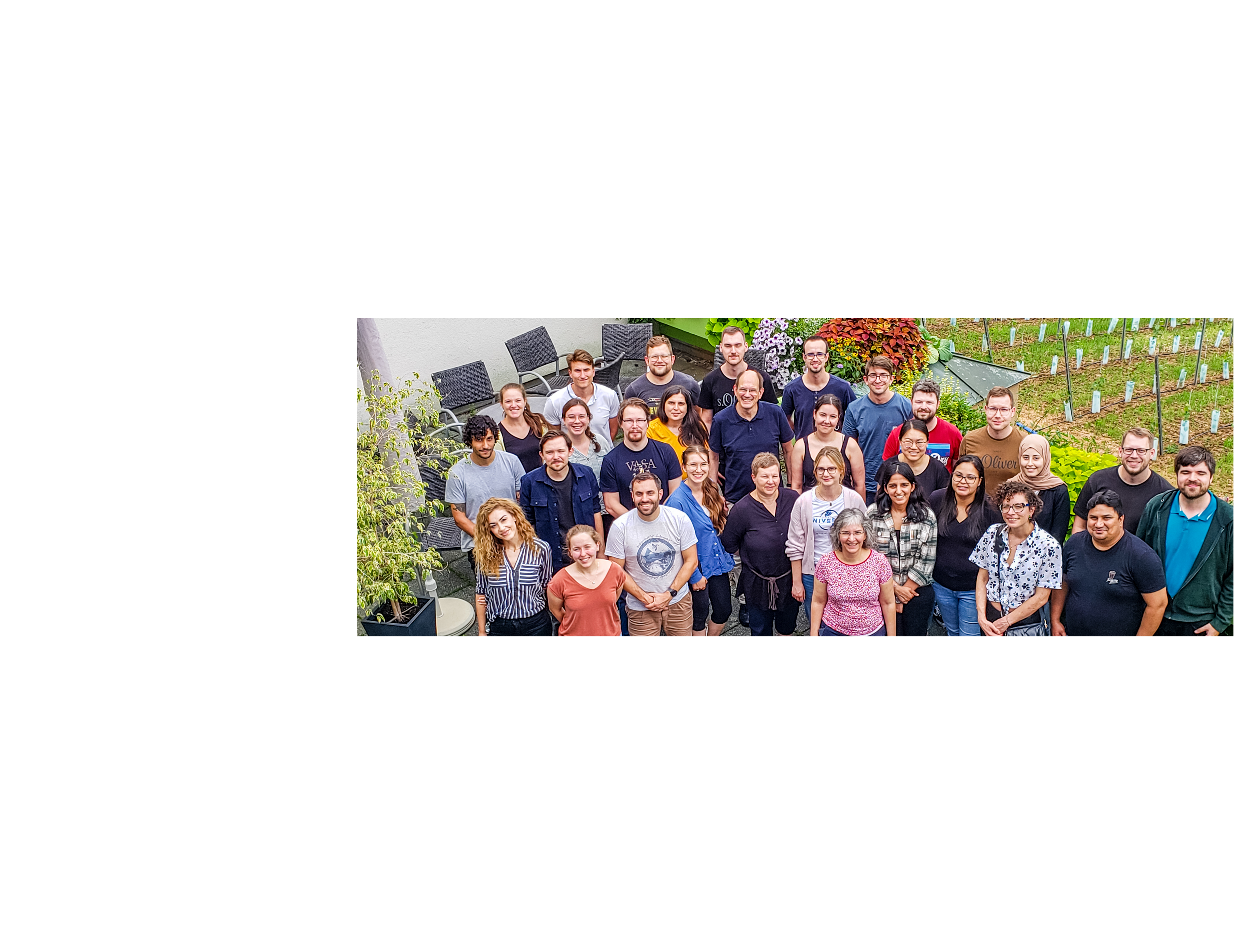The group’s research areas range from preparation, testing to in-depth characterization of catalysts and electrocatalysts. Applications embrace emission control, chemical energy storage, power-to-X processes, the use of renewable resources, selective oxidation reactions, and fine chemistry using innovative solvents. Rational design using especially in situ & operando characterization and high-output testing are be combined. Our activities for clean air are part of the Centre for Emission Control Karlsruhe.
You are looking for a bachelor/ master thesis or doctoral research topic between physical chemistry, materials science, spectroscopy, theory and engineering?
Then do not hesitate to contact us or pass by our group!
The new semester starts on October 27, 2025.
Do not forget to register early enough in ILIAS, look though the courses of our institute (Link) or write us an Email.
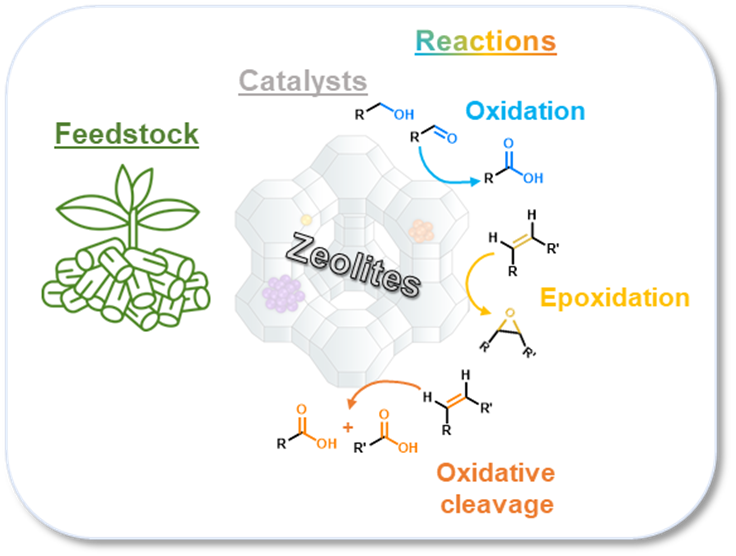
How can zeolite-based catalysts enable oxidative transformations in biomass conversion? Our latest review article, titled “Advancing biomass valorization with zeolite catalysts: Focus on oxidative transformations”, by Foteini Zormpa, et al., brings together and analyzes the scattered literature on this interesting topic.
The review provides a comprehensive overview of how zeolites contribute to biomass conversion, with special focus on oxidative transformations, an area less explored compared to acid-based routes. It critically examines the structural and chemical features of zeolites influencing catalytic performance and elucidates how modifications (e.g., metal incorporation, mesoporosity) can tailor their behavior in oxidative processes.
By curating the current state of the field and identifying promising directions, the review provides a valuable reference for researchers working toward greener pathways for converting biomass-derived molecules like glucose, HMF, and fatty acids. You can read the full open-access article here.
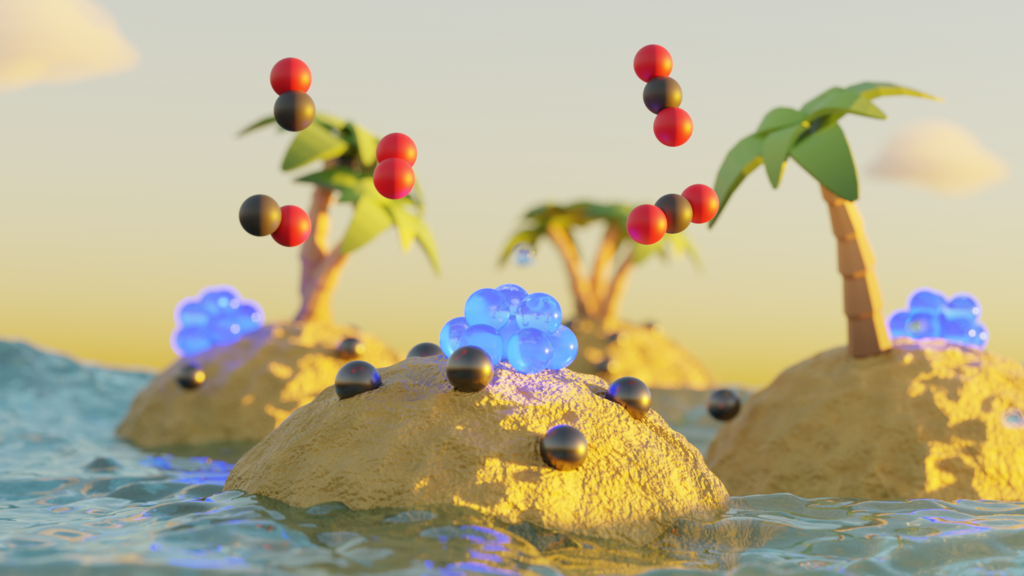
The knowledge-based design of active catalysts with reduced noble metal loading is crucial for conserving scarce resources. In the recent work, D. Gashnikova and colleagues from ITCP, INT, IKFT and IFG present a concept for increasing the stability and efficiency of noble metal-based catalysts by using a combination of supports that interact differently with noble metals. The inspiring study was recently published in the journal Angewandte Chemie as a "Very Important Paper". Find the paper here and click the link below for further information.
More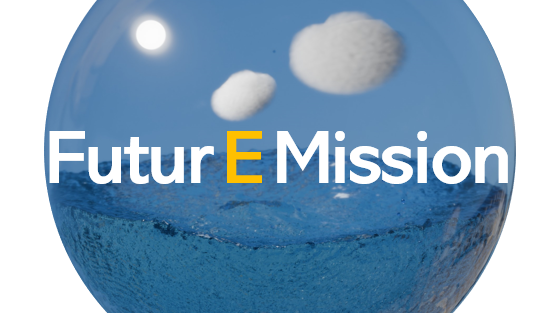
The Future of Emission Control (FuturEmission), a satellite conference to the ICC 2024, will take place in Karlsruhe from 21.07.-23.07.2024. We are looking forward to many interesting talks and posters in the field of emission control!
More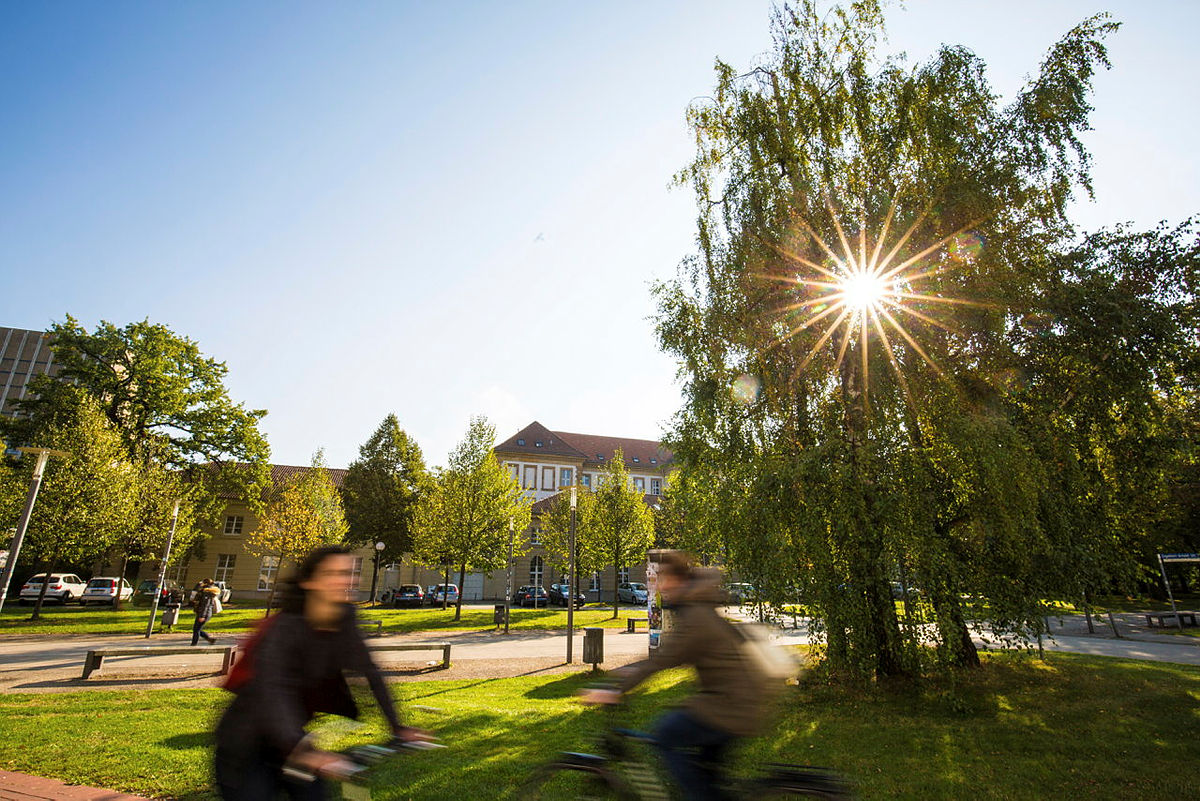
Mariam Schulte will be traveling to Delft University of Technology (TU Delft) for a three and a half month stay abroad. She will learn in situ Diffuse Reflection Infrared Fourier Transform Spectroscopy (DRIFTS) at elevated pressures in the group of Prof. Atsushi Urakawa and thus expand her spectrum of doctoral research. We would like to thank the Karlsruhe House of Young Scientists (KHYS) for making this stay possible through their travel grant.
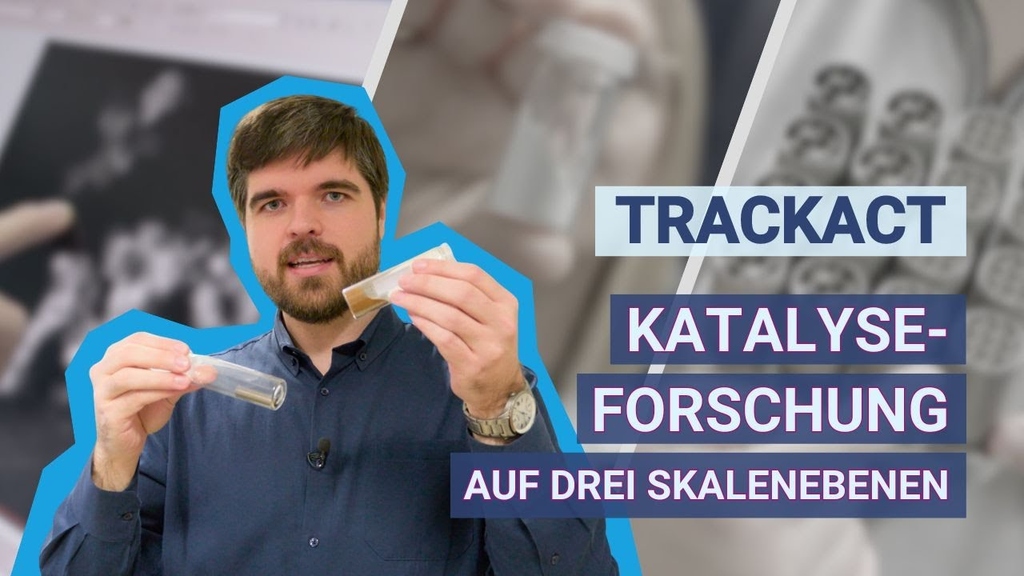
Get to know the different departments in our second video! Here, our scientists present their work - from catalysts in the microcosm to hand-sized, applied catalysts.
More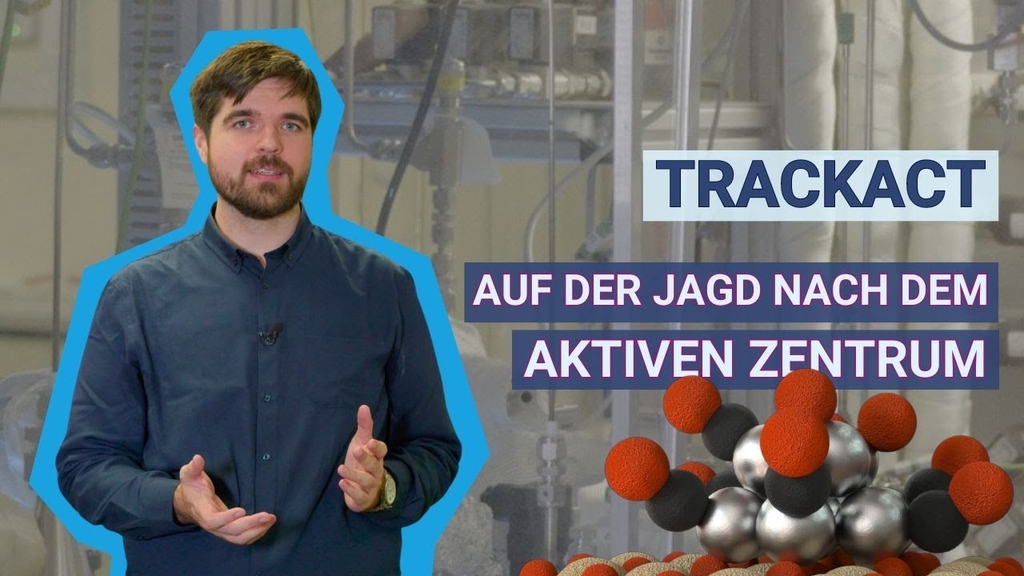
How do catalysts work and what do they look like during the reaction? These are the key questions for the development of efficient catalytic processes, the understanding of which is the ultimate goal of TrackAct.
More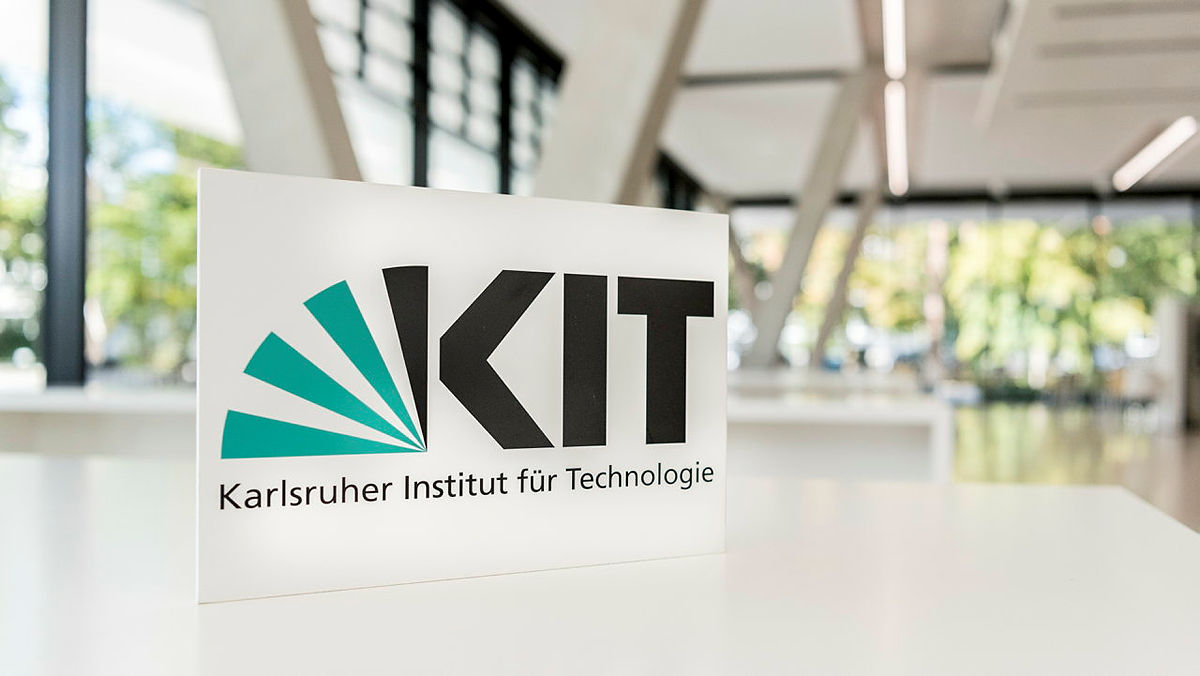
im Bereich Digitalisierung und Naturwissenschaften
Deadline: 15.02.24
Application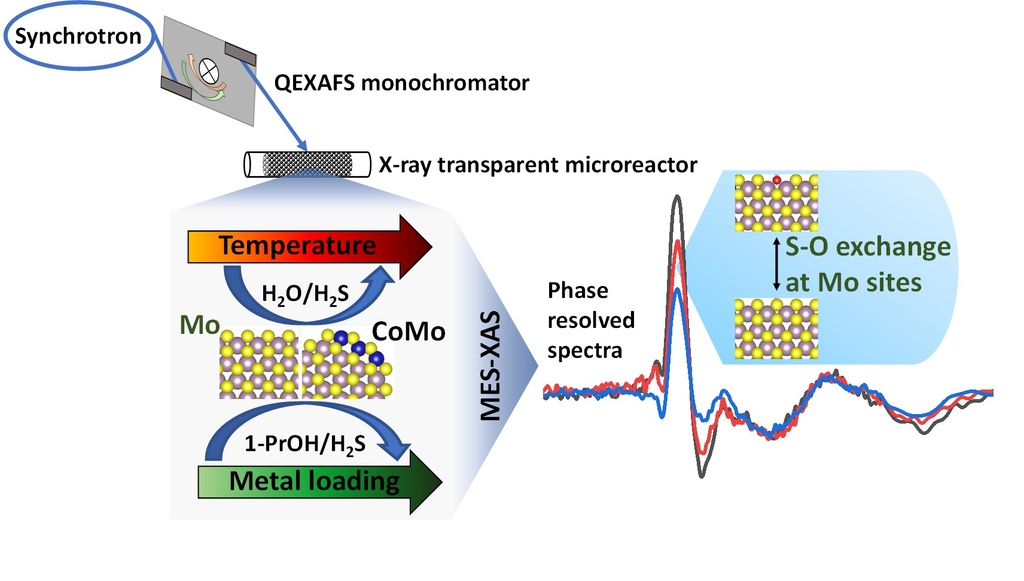
Recently published study by Abhijeet Gaur et al. "Probing minute levels of S-O exchange at the active sites of MoS2 based HDO catalysts by MES-XAS" has been featured in the SOLEIL's Scientific Highlights. The detailed study was published as “Using Transient XAS to Detect Minute Levels of Reversible S-O Exchange at the Active Sites of MoS2-Based Hydrotreating Catalysts: Effect of Metal Loading, Promotion, Temperature, and Oxygenate Reactant” in ACS Catalysis. The effect of various factors on the stability and activity of the hydrodeoxygenation (HDO) catalysts was examined in detail by carrying out Modulation excitation spectroscopy (MES) coupled time-resolved Quick XAS studies at the ROCK beamline at SOLEIL. The study was part of our collaborative work at KIT with Technical University of Denmark (DTU).
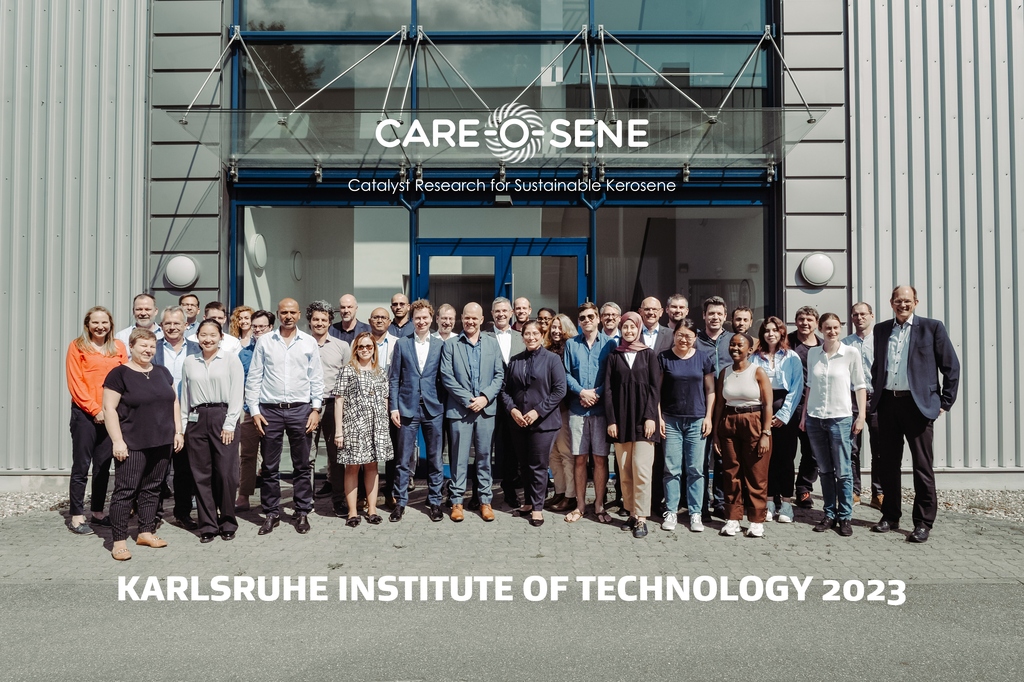
The 2-days status meeting of the CARE-O-SENE consortium took place at the KIT on beginning of June 2023. Together with colleges from HZB, IKTS, SASOL DE, SASOL SA and INERATEC the achievements during the first 10 months of the project were presented and intensively discussed. The CARE-O-SENE project continues to push boundaries by fostering international collaboration between industry and academia and was overwhelming to see what has been already gain on knowledge and what possibilities to extend the cooperation and networking can be used. Together, we are paving the way towards a cleaner, greener world, and the CARE-O-SENE consortium is honoured to be part of this transformative journey. For the first time our young scientists had the opportunity to present their results in catalyst research. During the meeting the KIT Light Source and the EnergyLab 2.0 were visited.
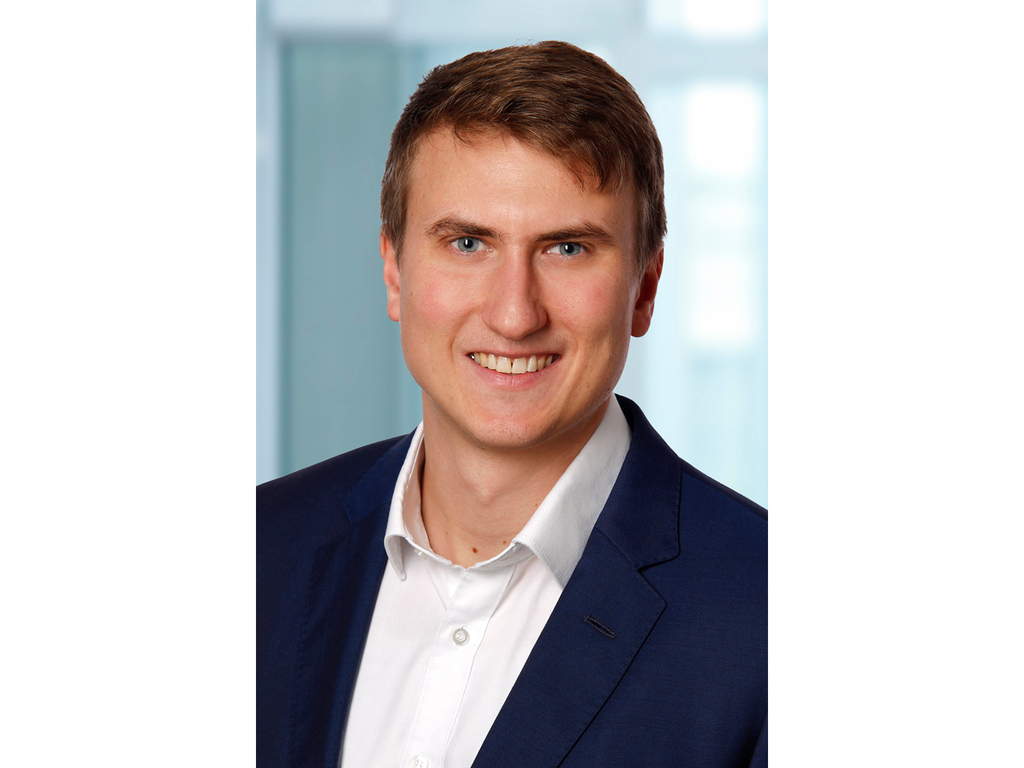
Philipp Treu is back at KIT after a successful stay abroad at the Technical University of Denmark (DTU). In the group of Prof. Søren Kegnæs he was able to learn advanced techniques for zeolite synthesis, which will enrich his PhD thesis. We sincerely thank the Karlsruhe House of Young Scientists (KHYS) who made this stay possible through their travel grant.
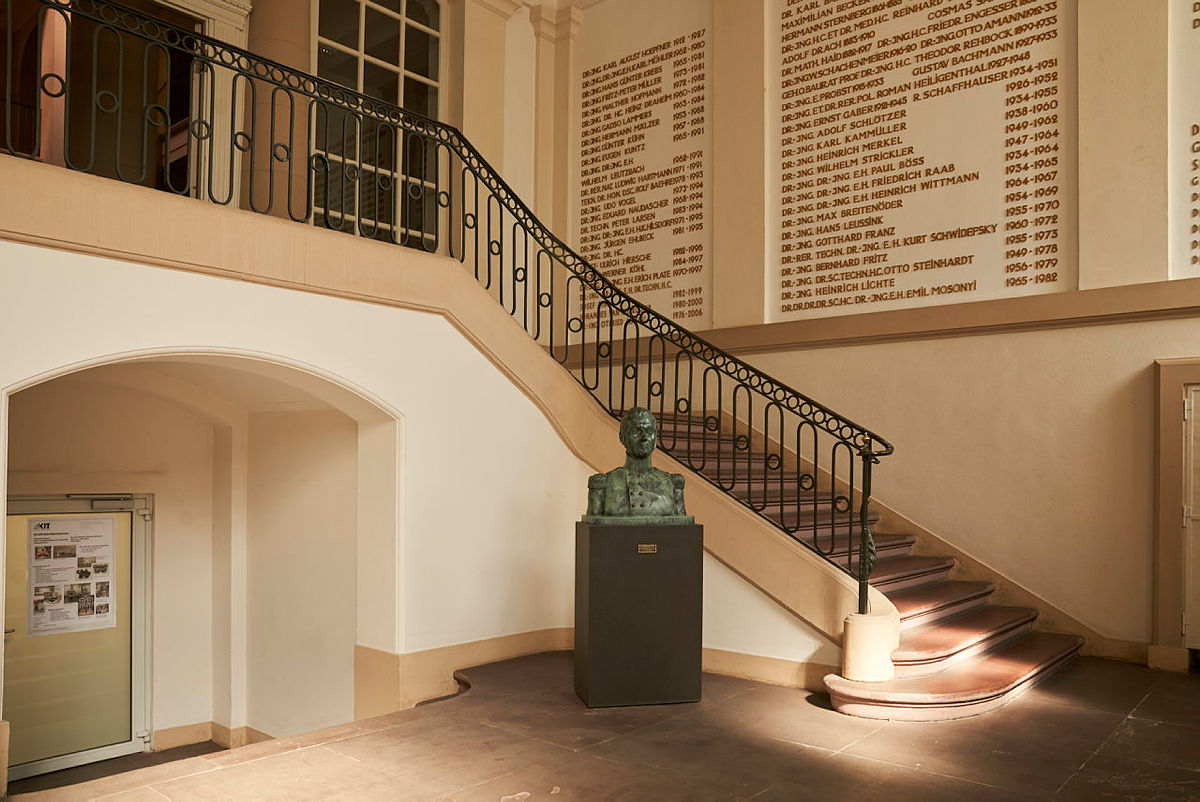
Dr. Thomas Sheppard was appointed as Interim Professor in heterogeneous catalysis at the Institute of Chemical Technology at Leipzig University in February 2023. Moreover, Dr. Bidyut Bikash Sarma joined the Reisner Lab at University of Cambridge with a Marie-Curie fellowship. Congratulations!
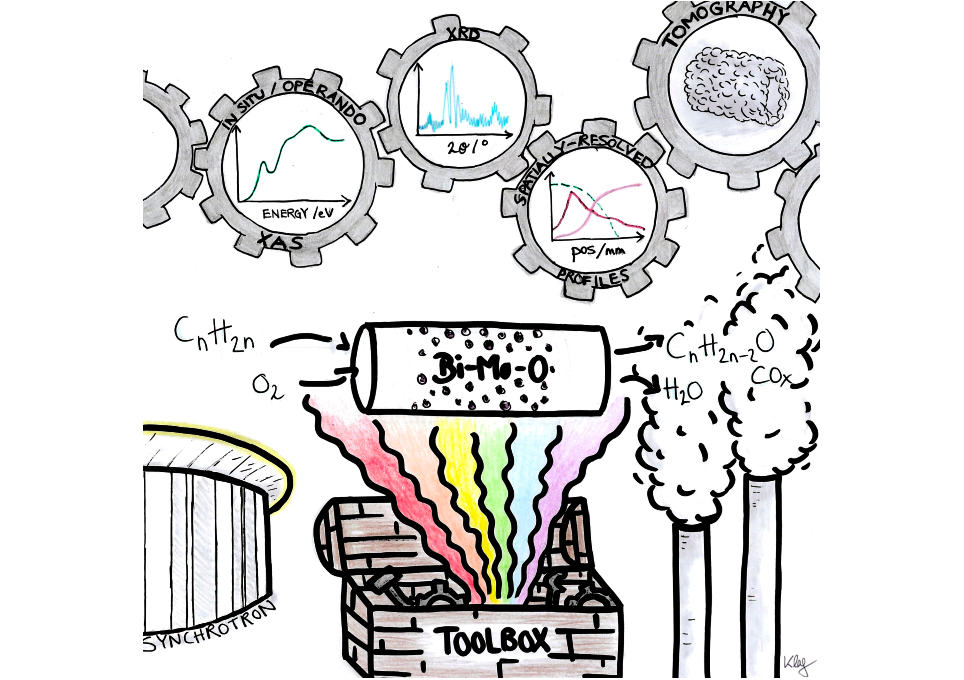
Selective propylene and isobutene oxidation over bismuth molybdate based catalysts are highly complex and dynamic reactions. How do they work? The article describes that a holistic understanding of the catalytic processes can give new insights on multiple time and length scales. For this purpose, we present a toolbox of complementary operando techniques and concepts how to combine preparation, activity and selectivity (also spatially resolved) and advanced spectroscopic and microscopic techniques. Moreover, new future trends in terms of e.g. data analysis schemes or reactor modelling approaches are discussed.
Read more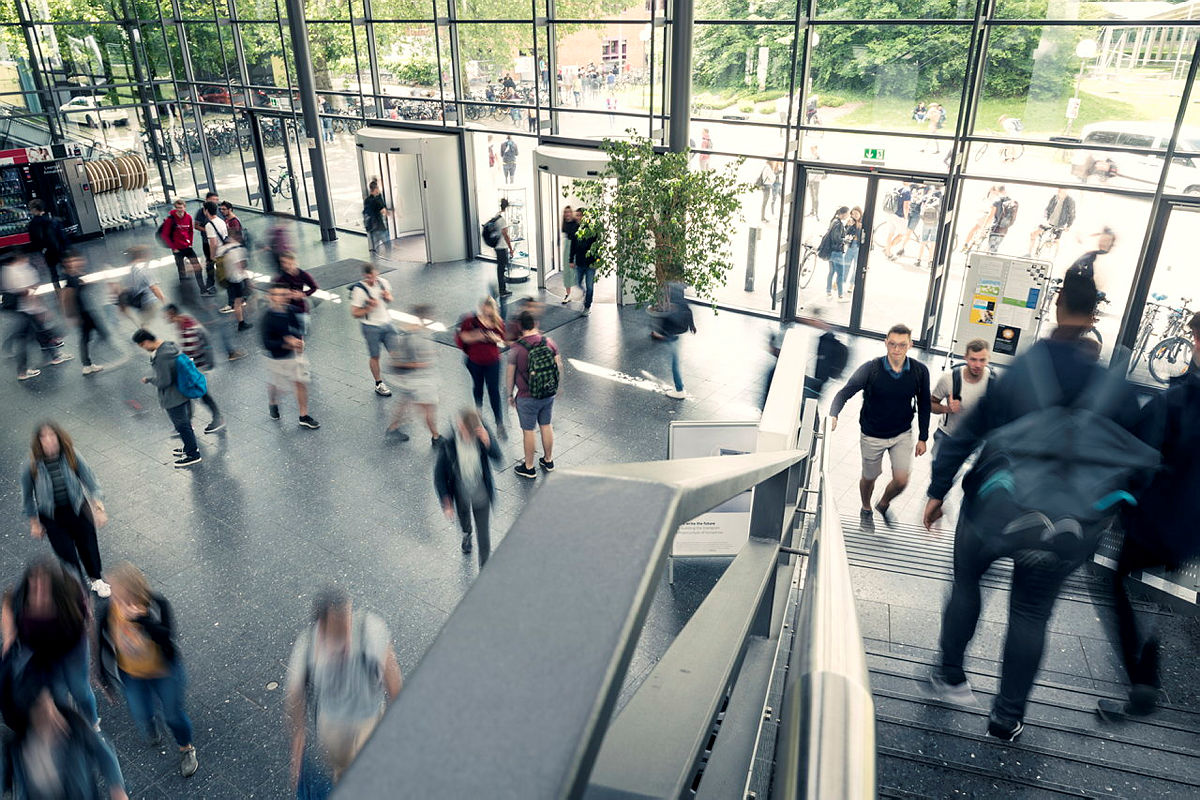
After a successful trip 2022, we will be at the "Jahrestreffen Deutscher Katalytiker" in Weimar again with 2 talks given by Erisa Saraci and Linda Klag as well as many interesting poster presentations. We are looking forward to inspiring discussions. See you there!
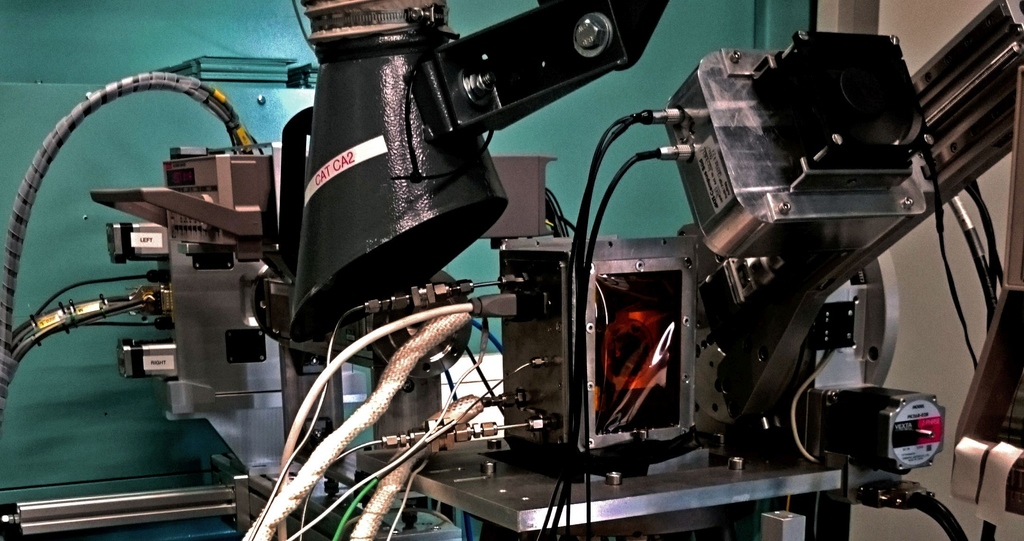
Das Bundesministerium für Bildung- und Forschung (BMBF) fördert das internationale Forschungsprojekt CARE-O-SENE (Catalyst Research for Sustainable Kerosene) mit 30 Millionen Euro. Es soll die Herstellung nachhaltigen Kerosins im industriellen Maßstab verbessern. Hierfür entwickeln die Verbundpartner, darunter das Karlsruher Institut für Technologie (KIT), maßgeschneiderte Katalysatoren, um die in der Kraftstoffproduktion etablierte Fischer-Tropsch-Synthese (FTS) für die Nutzung erneuerbarer Energieträger weiterzuentwickeln.
Read more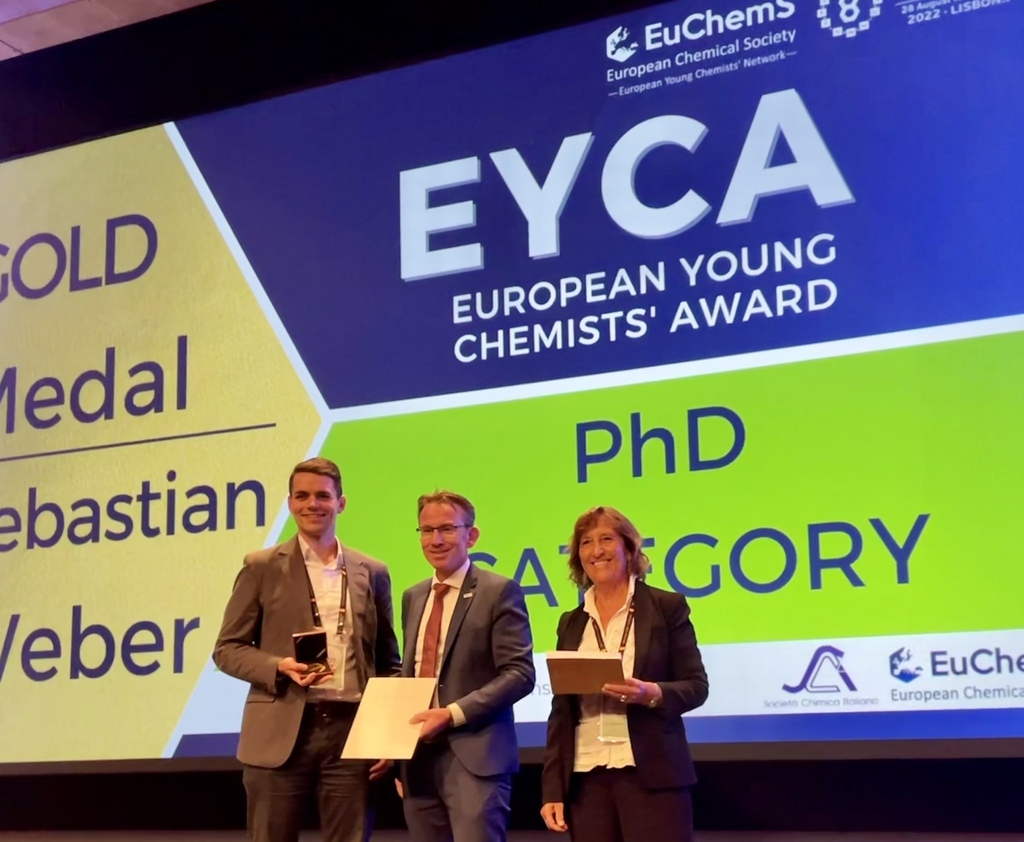
Our PhD Researcher Sebastian Weber won the Gold Medal of the European Young Chemists’ Award at the PhD Level during the EuChemS Chemistry Congress in Lisbon. The prize is awarded every two years by the Società Chimica Italiana (SCI) and the European Chemical Society (EuChemS) to showcase and recognize the excellent research being carried out by young scientists working in the chemical sciences.
Read more
